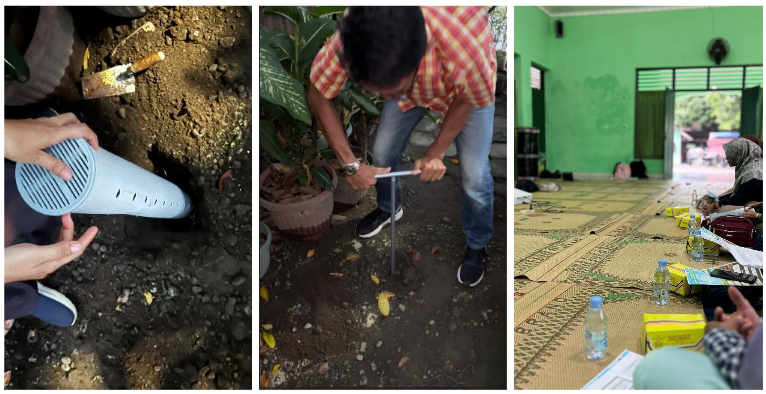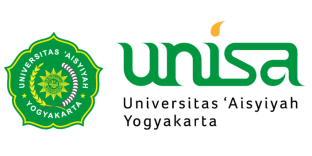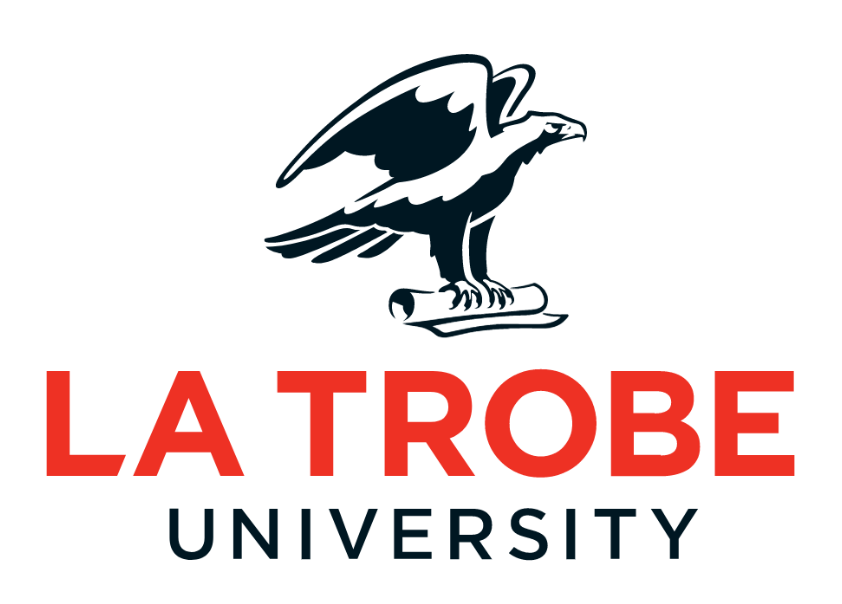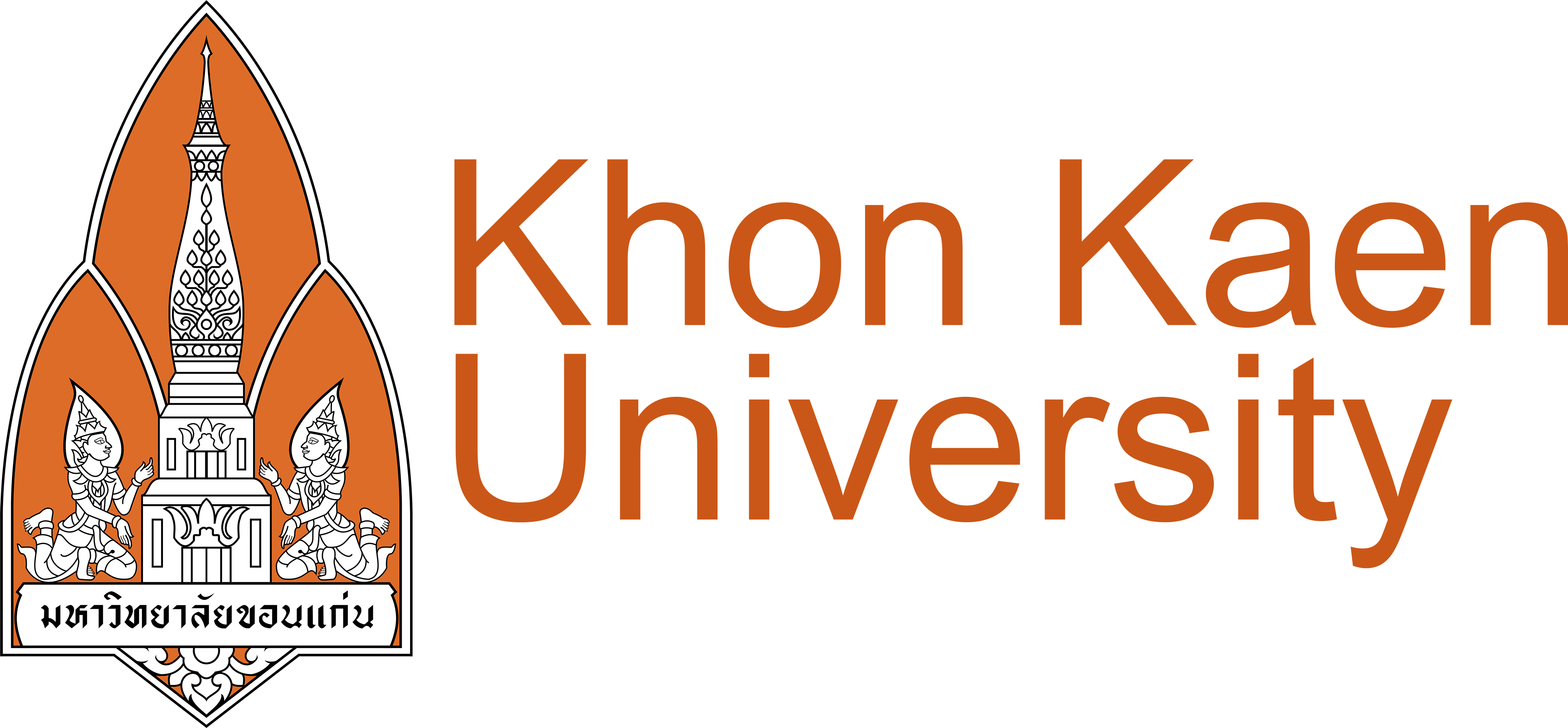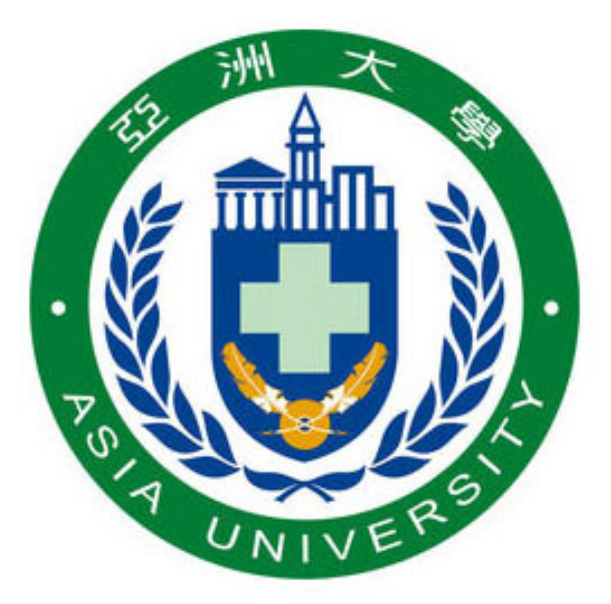Closure of Piyungan Landfill, UNISA Yogyakarta Educates Banguntapan Residents on Waste Management with Biopori
The closure of the Piyungan Final Disposal Site (TPA) on May 1, 2024 has prompted communities in various areas of the Special Region of Yogyakarta (DIY) to seek alternative waste management solutions. In response to this challenge, a team of lecturers from Universitas ‘Aisyiyah (Unisa) Yogyakarta collaborated with the Banguntapan 1 Branch of ‘Aisyiyah (PRA) to hold a community service activity entitled “Implementation of Biopores as a Solution for Groundwater and Household Organic Waste Management”.
The activity, which took place on July 26, 2025, was attended by 25 participants, the majority of whom were housewives. The session began with an interactive socialization session discussing the concept of biopores and the importance of water conservation and organic waste management at the household level. The material was delivered directly by speakers from the Biotechnology Study Program at Unisa Yogyakarta, providing in-depth scientific and practical understanding.
In addition to theory, participants also received hands-on training in biopore hole construction. They were taught techniques ranging from soil drilling, PVC pipe installation, to filling the holes with organic waste to create compost. A total of 10 biopore units were successfully installed in the residents’ surroundings.
“Biopori technology not only helps rainwater seep into the soil, but also provides a simple solution for managing organic waste into compost,” said Dinar Mindrati Fardhani, M.Biotech., Ph.D, head of the community service team.
The positive impact of this activity is clearly evident from the evaluation results. Participants’ understanding of the function of biopores jumped from 24 percent to 88 percent, while interest in applying it at home rose from 32 percent to 76 percent. In fact, 92 percent of participants rated this training as highly relevant and beneficial to their environmental conditions. The head of PRA Banguntapan 1, Siti Maesaroh, welcomed this initiative.
“Our residents now not only know about biopores but can also directly practice making them. We hope this marks the beginning of a behavioral change in managing waste at home,” she said.
Moving forward, the Unisa community service team plans to conduct further training on compost utilization, inorganic waste sorting, and the development of strategic biopore points. This program is expected to become a model for sustainable independent waste management and water conservation, in line with local government efforts to address the waste crisis in DIY.
